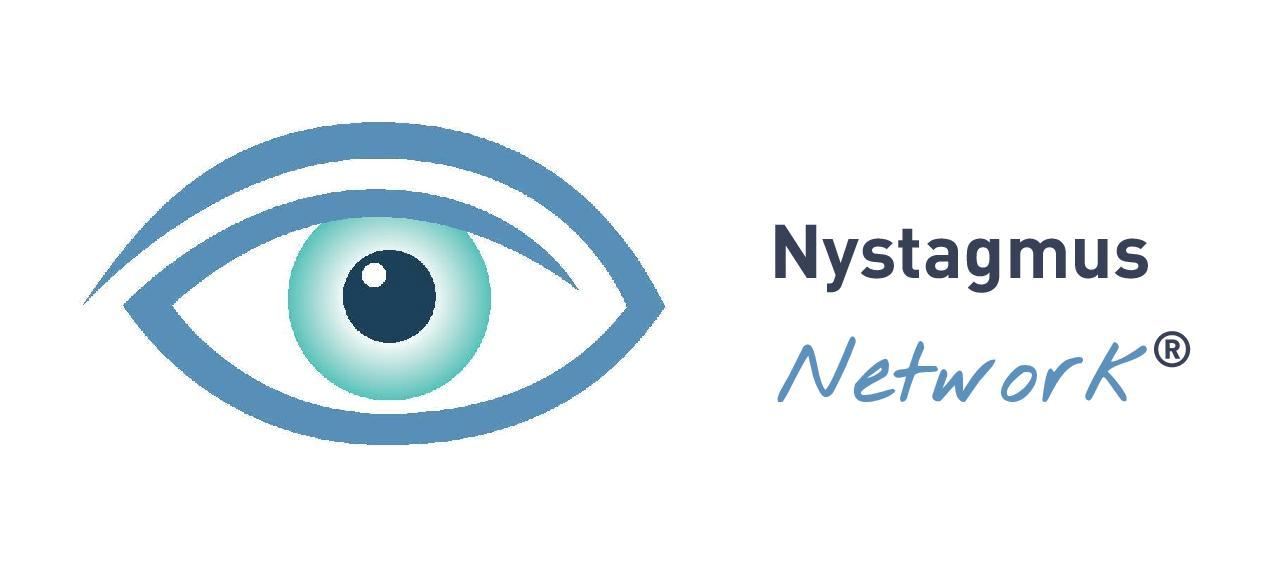Thank you to everyone who joined us for the Nystagmus Network February Forum for Adults living with Acquired Nystagmus and Oscillopsia.
Patsy’s story, a case study of AN and Oscillopsia
Our lovely volunteer, Patsy introduced the work she has been doing, putting together a case study of her AN and Oscillopsia journey to support the research work led by Professor Chris Harris at Plymouth.
We will share the case study documents with this group as soon as we can.
The Nystagmus Care Pathway
Following a recent meeting of NUKE (Nystagmus UK Eye research group), there was a brief update on progress with the Nystagmus Care Pathway. We hope that the guidelines will be endorsed and published, through the Nystagmus Network website and elsewhere, very soon. Sadly, these will not yet encompass AN in adults and children, but the plan is to make this NUKE’s next focus, with the support of colleagues in neurology.
Treatments
There was more discussion of drug therapies available. Baclofen, Memantin and Gabapentin are the most commonly offered drugs. These are all muscle relaxant types. Some people find them effective, for both AN and CN, whilst others find the side effects compound their symptoms of nausea or dizziness.
There are now two members of the group being treated with Fampyra (fampiridine, also known as aminopiridine). Each is experiencing slightly different, though generally beneficial effects. This treatment remains on trial and unlicensed in England.
Those wishing to be referred to Moorfields Eye Hospital, London where our two friends are under the care of Maria Theodorou, must make a request for a referral through their GP.
Gmail group
Attendees were offered the chance to join a Gmail group for adults living with acquired nystagmus and oscillopsia so they can keep in touch with each other more easily by email between zoom calls. The charity will also contact them via this group to invite them to future meet ups and keep them posted on nystagmus news and updates.
Please do join the Nystagmus Network Facebook group for adults living with AN and Ocillopsia. It’s there for you to help you connect with others.




